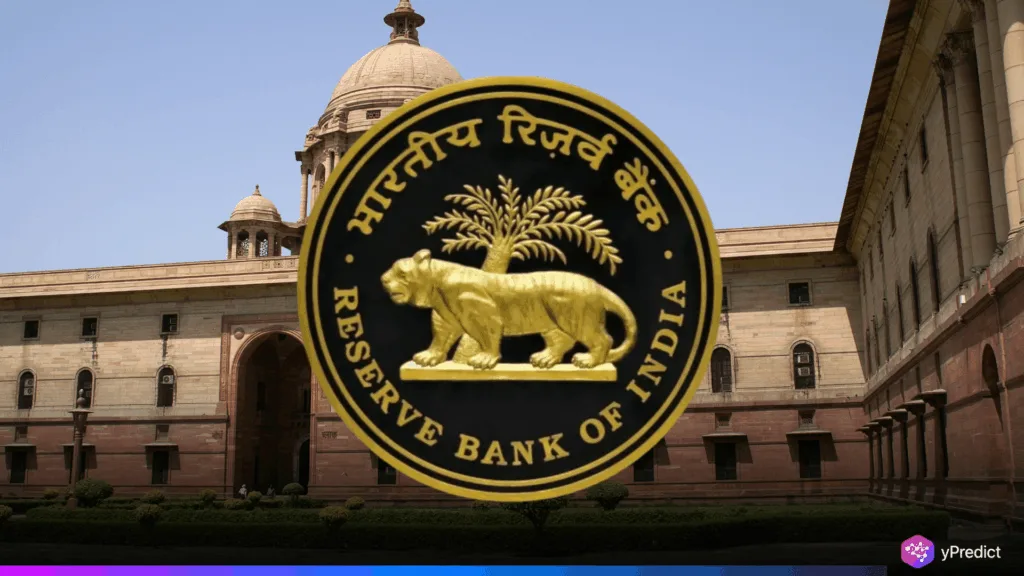
The RBI policy suggests a gradual shift to expedite the closure process for small-value shipping bills under its oversight system. By providing them with quicker processing and fewer compliance hassles, the move targets small exporters impacted by regulatory delays. This draft guidance can enhance forex flows and reduce paperwork, as export proceeds are frequently stalled because of outstanding reconciliations.
The Export Data Processing and Monitoring System (EDPMS) was launched in 2014 to monitor the realization of export proceeds. Consequently, the Reserve Bank of India is currently enhancing its system to accommodate smaller forex market participants. This comes after several technological advancements over the previous several years.
RBI Policy Promotes Easy Export Monitoring for Small Traders
The Reserve Bank’s proposal aims to settle shipping bills that have been unpaid for a long time. For exporters whose bills are still unpaid due to minor value differences or late payments, this draft action offers relief. The regulatory simplification may result in significant time and cost savings for India’s MSME export market.
Automation has increased the flow of data into the export monitoring platform from postal, ECCS, and ICEGATE sources. Additionally, shipping bills sent via postal routes have been entering the system since January 2025. Since all transactions are now digitally reconciled, minor inconsistencies frequently cause realization tracking to be delayed. This has an impact on export revenue’s timely inflow.
The RBI’s policy emphasizes only small-value transactions, which minimizes administrative burden without compromising accountability. It removes unnecessary red tape, gives legal exporters more power, and ensures that India’s foreign exchange flows continue to be transparent. Additionally, stakeholders are expected to respond by the end of the month.
Future Looks Smoother with RBI Export Oversight
Shipping bill data integrations have grown over time to enhance the traceability of goods that are shipped. Although ICEGATE and ECCS automation have simplified monitoring, it still takes a lot of time to reconcile low-value mismatches. Thus, this impending modification will help expedite subsequent compliance audits in addition to resolving delays.
India’s reputation in the global trade community might improve if these checks were made simpler. Improper reconciliation of export proceeds often undermines the confidence of foreign buyers and partners. Furthermore, a better tracking model will increase the dependability and accessibility of India’s forex system for smaller exporters.
Once the draft is finalized, banks will proceed with smoother reconciliation processes. The Reserve Bank of India policy may be used as a model for balancing efficiency and regulation on a global scale. Additionally, prompt export revenue realization guarantees improved foreign reserve management and macroeconomic stability.
Can Simpler Processes Make a Big Export Impact?
The RBI’s draft plan is a calculated move to clear out pending export entries. It acknowledges the difficulties small exporters encounter, particularly with regard to low-value shipping bill compliance. Additionally, the RBI policy aims to increase trade reliability and forex inflows by focusing on easing regulations and reducing manual reconciliation.
If properly executed, the streamlined system could support India’s growing exporter base, improve transparency, and expedite the resolution of open cases. India’s trade systems may be seen more favorably by other countries, which would boost confidence and investment. Additionally, simplification improves daily banking operations related to export earnings. Everyone will be observing how the RBI refines the final framework as stakeholder feedback comes in.







